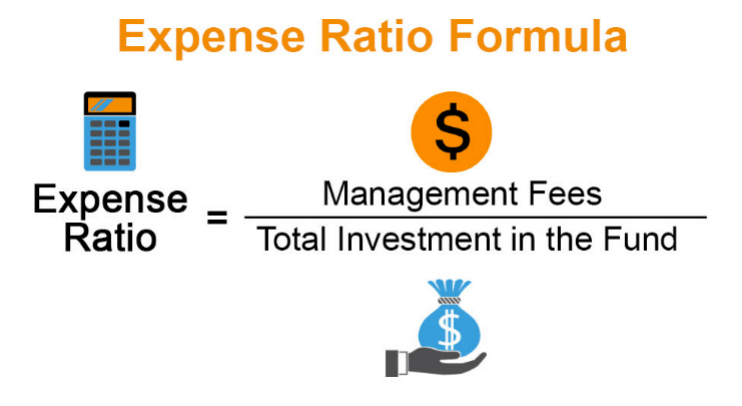Financial literacy is no longer optional in today’s fast-paced digital world. It has become an essential. With the rise of fintech platforms, learning how to manage money and make smart investment choices has become easier, faster, and more accessible. Whether you're a seasoned investor or just starting out, fintech tools can provide you with the insights needed to make informed decisions. This article will discuss the impact of fintech on financial literacy, as well as basic investment tips for novice and seasoned investors.

Why Financial Literacy Matters More Than Ever?
Financial literacy is about understanding how money works—from budgeting to investing. According to a survey conducted in 2022 by S&P Global, only 57% of the adult population around the world are financially competent. In emerging markets, the chasm is even bigger, and fintech has the potential to be a critical bridge of the information gap. It is necessary to know the fundamentals of investment, so as to avoid financial traps, poorly executed investments and ploys. Making better financial decisions, building up their wealth, and securing their future are all possible given the right tools.
The Role of Fintech in Promoting Financial Literacy
- Access to Real-Time Information: Fintech apps provide a real-time access to market data, investment tips financial information to the users. On platforms such as Robinhood and Acorns, the most technical aspects of finance are eliminated, helping users achieve better results by providing information easy to understand, and therefore to act upon. For instance, in 2023, Robinhood reported over 23 million active users who engaged in commission-free trading. This illustrates the potential of fintech platforms to reach a wider audience by reducing entry barriers.
- Personalized Learning Tools: Many fintech apps now incorporate AI-driven learning modules. These applications evaluate users' financial literacy, offering customized training, for all to learn at their own speed. Apps, such as Zogo, motivate users to gain rewards for going through learning materials and finance knowledge is fun and engaging.
- Budgeting and Saving Assistance: Fintech apps are, moreover, key to encouraging the adoption of more desirable spending behavior. Applications like Mint and YNAB (You Need A Budget) offer users detailed insights into their spending patterns, helping them manage budgets effectively. For instance, Mint users reportedly save an average of $1,300 annually by tracking expenses and avoiding overspending.

Investment Fundamentals for Beginners
- Start with Clear Financial Goals: Before investing, identify your financial goals. Are you saving for retirement, a house, or short-term needs? Knowing your objectives helps determine your risk tolerance and investment strategy. The Fidelity states that investors with clearly defined goals are 60% more likely to follow through with their plans in times of market volatility.
- Understand Risk vs. Reward: Every investment carries a level of risk. Stocks have high returns but are also risky, whereas bonds have stable but modest returns. For a novice, portfolio diversification should be considered to mitigate risk. For example, a 60/40 portfolio (60% stocks, 40% bonds) provided historically reliable returns with risk management during market downturns.
- Leverage Robo-Advisors: Robo-adviser is a network of automated systems that construct and maintain a portfolio according to your risk appetite and investment objectives. Platforms, such as Betterment and Wealthfront, provide low-cost investment products that are perfect for novice investors. In 2022, robo-advisors managed over $1.4 trillion globally, showing their growing popularity among new investors.
Advanced Investment Guidelines for Experienced Investors
- Diversify Across Asset Classes: Diversification is key to reducing risk. Experienced investors should not restrict themselves to conventional stocks and bonds but rather explore alternative investments, for example in real estate, commodities or cryptocurrencies. For instance, REITs (Real Estate Investment Trusts) provide an opportunity to own real estate without assets, which commonly provide a 4-6% annual dividend return.
- Monitor Market Trends: For expert investors, it is by no means optional to always be in need of the market trend. Fintech platforms offer the ability to receive real-time alerts or market analytics in order to learn. For example, Bloomberg Terminal provides a wide range of financial information that allows investors to respond rapidly to market events.
- Reassess and Rebalance: Portfolios should be periodically reassessed to align with changing market conditions. For example, if your stock weighting goes up because the market grows, think about using rebalancing to not overexpose yourself. Based on Vanguard, rebalancing periodically can increase returns by 0.35% per year, a figure that can have major compounding effects over the investment horizon.
Risks Associated with Fintech-Driven Investments
Fintech, however, brings with it a number of advantages, but it is necessary to consider some risks:
- Data Security: Cybersecurity threats are real. Ensure the fintech platforms you use have robust security measures like two-factor authentication and encryption.
- Over-Reliance on Automation: While robo-advisors simplify investing, they lack human intuition. Proactively assess your portfolio to see if it is consistent with personal values and market situation.
- Market Volatility: Even with advanced fintech tools, markets remain unpredictable. Always attempt to be prepared for some short-term losses and concentrate on long-term goals.

Fintech’s Future in Financial Literacy
Fintech is going to change the way such people learn about and deal with finance. These platforms, through increased accessibility of financial education, will enable hundreds of millions to be able to take control of their own financial destinies. The answer is to learn how to use these tools well even with a good grasp of investment principles.
Future Outlook
Fintech is a disruptive force, for raising financial literacy and making investment processes easier. Utilizing these tools, novice and expert investors alike can increase their financial expertise and make decisions appropriately and thereby realize their financial objectives. Do not forget to keep on top of the latest news, diversify carefully and above all, never stop learning.





